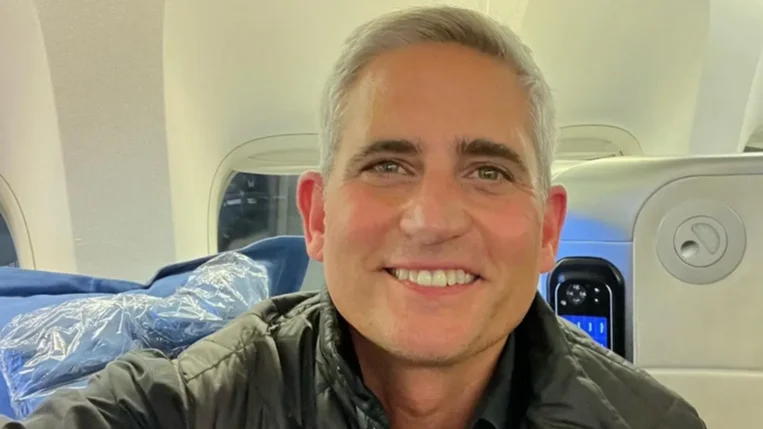For the first time in Minnesota and Michigan's aviation history, sustainable aviation fuel (SAF) has been delivered via pipeline to Delta hubs at Minneapolis-Saint Paul International Airport (MSP) and Detroit Metropolitan Airport (DTW). The shipments, each exceeding 7,000 gallons, were produced from winter camelina grown in Minnesota and North Dakota.
Cargill collaborated with local growers to plant 2,000 acres of camelina. The harvested crop was processed at Cargill’s West Fargo facility before being refined into SAF by Montana Renewables, LLC. Shell Aviation then transported the SAF directly to fueling facilities at MSP and DTW. Delta covered the costs associated with using SAF on its flights from these airports.
Amelia DeLuca, Delta's Chief Sustainability Officer, stated: “The fact that SAF has been delivered to MSP and DTW is monumental because not only is it the first time SAF has arrived at these airports, both of which are important Delta hubs, but it also demonstrates why collaboration across the entire SAF value chain is so important – we need all the right stakeholders and partners at the table to drive results.”
 Alerts Sign-up
Alerts Sign-up







